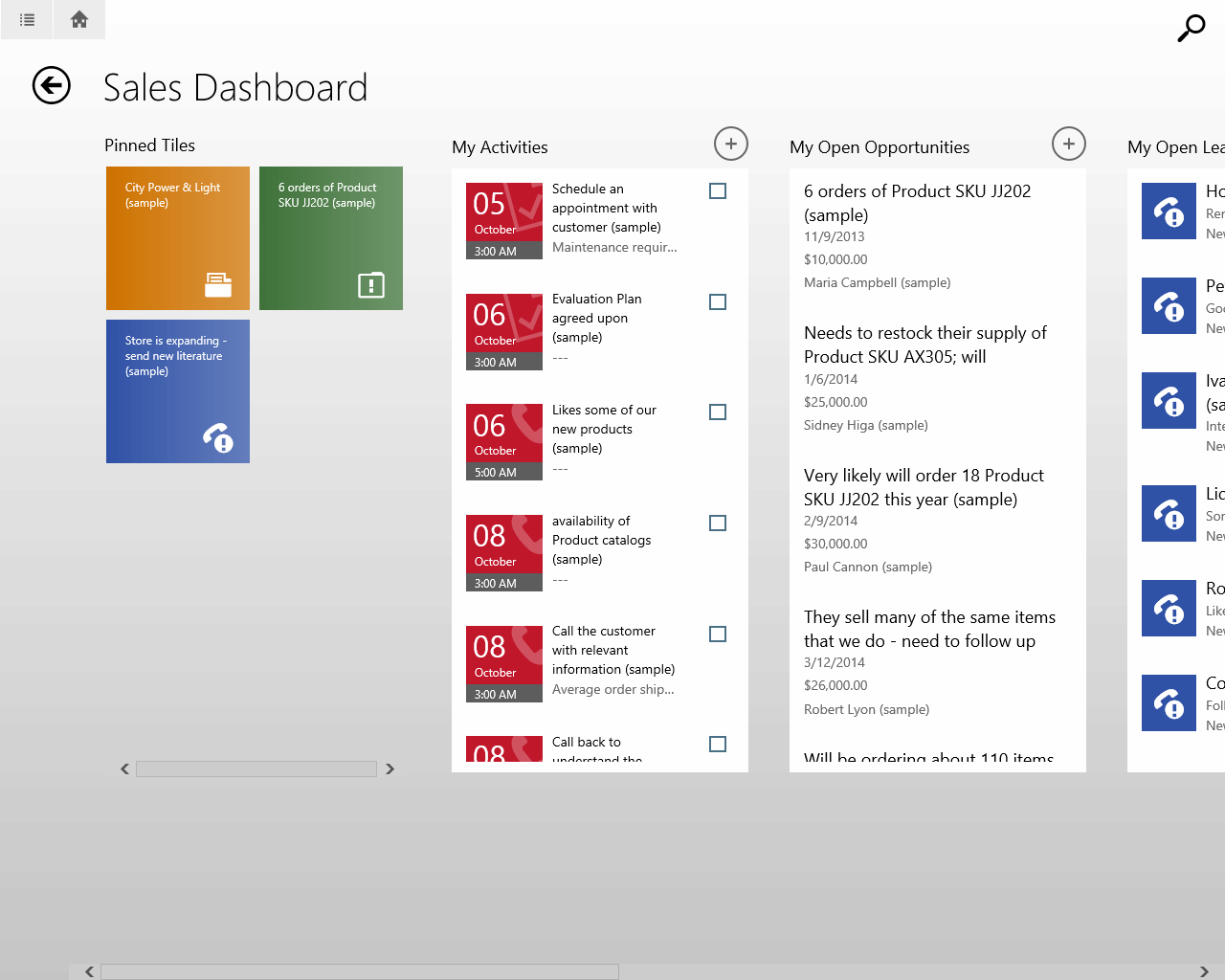Microsoft Dynamics 365 is a cloud-based business applications platform that combines components of customer relationship management (CRM) and enterprise resource planning (ERP), along with productivity applications and artificial intelligence tools.
Dynamics 365 apps and features
The Dynamics 365 suite is available in two editions, Business or Enterprise, each with different levels of features and applications.
Companies can choose from the following Microsoft Dynamics 365 applications and features:
Customer Insights — Combines customer data from Dynamics 365, Office 365 and third-party data sources, and helps users find actionable insights from that data. Includes Power BI for analytics and visualization, and artificial intelligence tools to identify customer behaviors and provide predictive scoring.
Customer Service — Omnichannel customer engagement tools, customer self-service and communities, and tools for support agents.

Finance and Operations — Financial management with reporting and analytics; manufacturing tools for project management, production planning, scheduling, and cost management; and warehouse and inventory control tools for supply chain management.
Marketing — Connects Dynamics CRM to Adobe Marketing Cloud to provide campaign management and targeted, personalized marketing tools.
Project Service Automation — Project planning, resource scheduling, time and expense management, and service analytics.
Retail — Unified commerce tools, store and employee management, merchandise management and operational insights.
Sales — Provides intelligence on prospective customers, personalization and customer engagement, sales productivity and performance metrics.
Talent — Human resources cloud services is connected to LinkedIn to manage all areas of HR, from attracting, hiring and onboarding new employees to managing HR programs.


Benefits of Dynamics 365
By combining Dynamics 365 CRM and ERP with Microsoft’s productivity applications, users get a connected view of data intelligence on customer records, transactions, behaviors and preferences, along with information about orders, inventory and shipping, and in addition to predictive insight tools for decision-makers.
The biggest benefit of Dynamics 365 is tight integration with other Microsoft business applications. For companies that rely heavily on Office 365 and Outlook, or that run operations on Azure, Dynamics 365 provides more beneficial integration with sister products than most CRM systems, which rely on third-party plug-ins. Microsoft is also growing its stable of third-party applications to pair with Dynamics 365 through the AppSource store.




